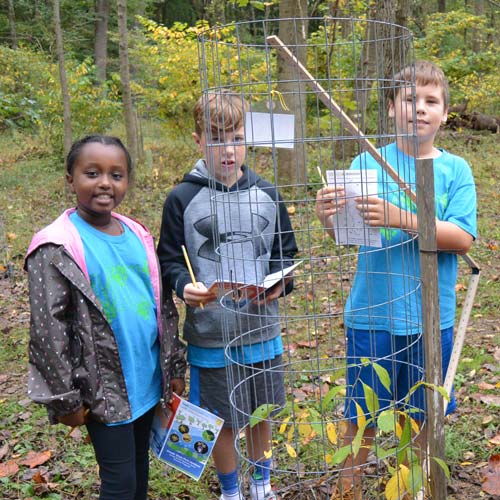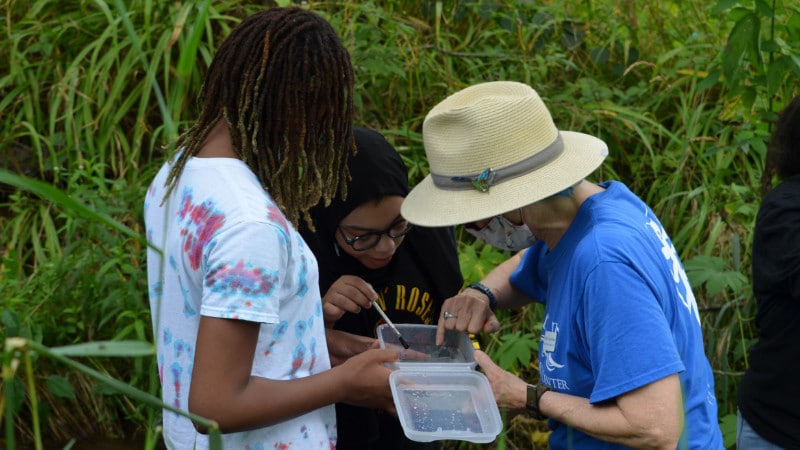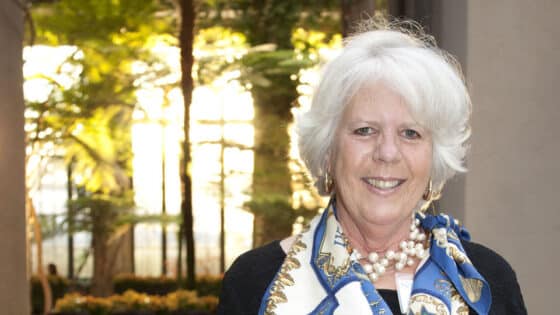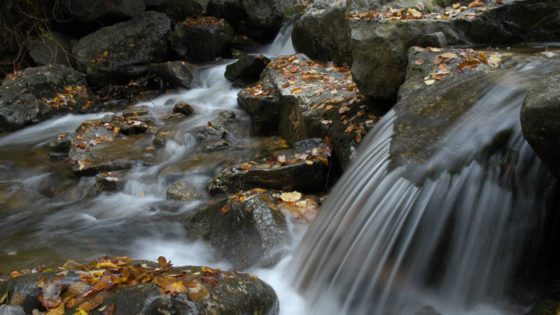
Much has changed in the STEM economy since Pennsylvania’s two sets of science education standards took effect in 2002, including a growing demand for its labor force. Education research has also advanced new knowledge of how students learn about Earth’s complex and dynamic challenges — from climate change to water pollution — that STEM professionals can help solve.
Now, after a two-year review and revision process, the State Board of Education has set forth new and updated standards that aim to ensure all students receive a high-quality science education.

Research in science, technology, environment, and ecology education informed the new standards.
Instead of asking students to regurgitate content, the 2022 update focuses on helping them achieve a deep understanding of scale, proportion, and quantity; systems and system models; physical sciences or life sciences; and developing and using models or analyzing and interpreting data.
“We hope that students will be better prepared to apply what they’ve learned to real-world scenarios,” says Stroud Water Research Center Director of Education Steve Kerlin, Ph.D.
Kerlin served on the content committee for Pennsylvania Academic Standards for Science, Technology, Environment, and Ecology. He helped shape the newly incorporated Environmental Literacy and Sustainability domain, which is now part of a single integrated document with the other science subjects.
Considering Pennsylvania’s vibrant agricultural roots, the new domain includes agricultural and environmental systems and resources among its core ideas, as well as environmental literacy skills and sustainability and stewardship. It also prioritizes environmental justice.
Making Watershed Education Meaningful
Also new is the incorporation of all essential elements of the Meaningful Watershed Educational Experience model of teaching and learning. The Chesapeake Bay Watershed Agreement created the MWEE framework as part of a plan in 2014 that would educate people about their freshwater resources and how to protect them.
“Meaningful Watershed Educational Experiences,” says Kerlin, “play a vital role in environmental literacy. They bring students outdoors so they can connect with their local rivers and streams while gaining hands-on experience investigating environmental issues and designing stewardship and civic action plans.”

In 2017, the Stroud Center and its education partners initiated a NOAA-funded statewide task force to expand environmental literacy through MWEEs.
After successfully engaging nearly 500 educators, future teachers, and school administrators in workshops across Pennsylvania, the Pennsylvania Watershed Education Task Force received the 2020 Outstanding Environmental Education Program Award from the Pennsylvania Association of Environmental Educators.
The process for creating Pennsylvania’s new science standards was a rigorous one, including a review of national and other state standards, two public comment periods, and input from educators, school administrators, state agency representatives, community nonprofits, parents, and students.
As school districts throughout the state begin updating their curricula over the next three years to meet the new standards, the Stroud Center will offer professional development workshops so that teachers are armed with the knowledge, skills, and resources to integrate environmental literacy into their classrooms.
Develop Your Teaching Skills!
Are you an educator who is interested in professional development training? Stay tuned to our events page, and sign up for our education newsletter to be notified of upcoming opportunities.



